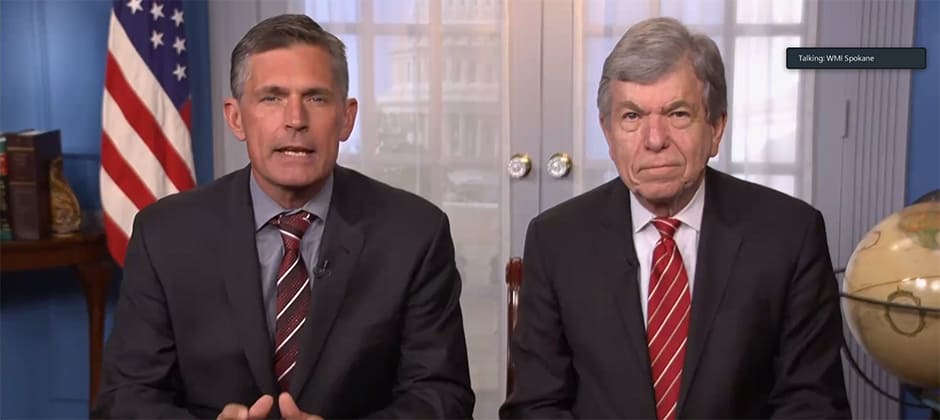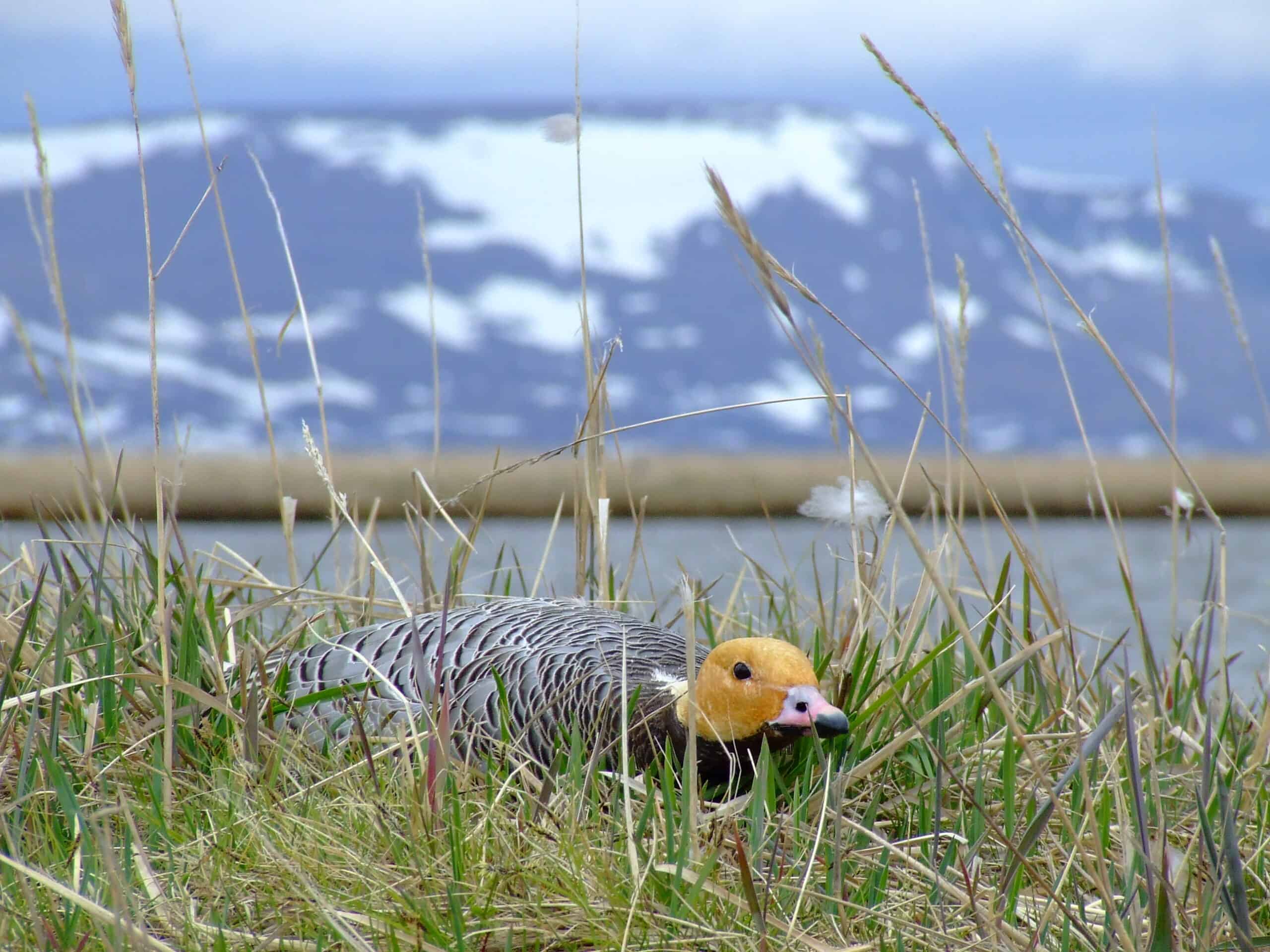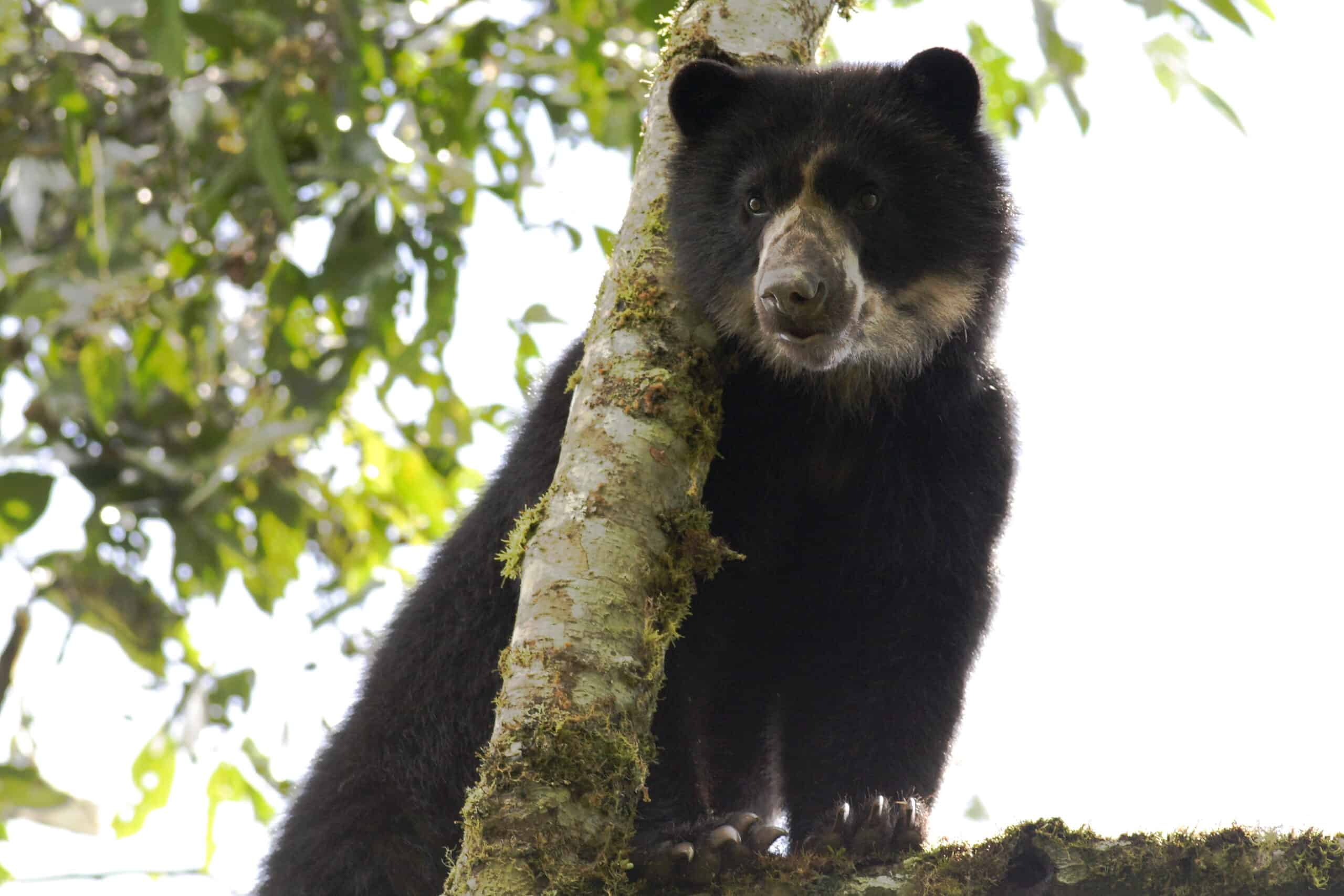Share this article
USFWS director voices support for RAWA
U.S. Fish and Wildlife Service Director Martha Williams expressed support for the Recovering America’s Wildlife Act on Tuesday, saying it would help address “unprecedented challenges” facing wildlife and ecosystems.
“From Fish and Wildlife Services, we’re committed to supporting the intent of RAWA, and if signed into law it will play a key role in supporting the principles and durable, collaborative, landscape-scale approach to conservation,” Williams said in a plenary address to the 87th Annual North American Wildlife and Natural Resources Conference, in Spokane, Wash.
“RAWA would build on the collective record of success among the states, the Fish and Wildlife Service, all of the partners in this room, to benefit fish and wildlife,” she said.
The proposed legislation, which is supported by The Wildlife Society and numerous conservation and wildlife organizations, took center stage at the plenary. Joining Williams were Collin O’Mara, CEO of the National Wildlife Federation, a lead supporter of RAWA, and Steve Williams, president of the Wildlife Management Institute, which hosts the conference. Both urged the passage of RAWA, which would provide some $1.3 billion to states and tribes to support at-risk species.
The USFWS director positioned RAWA alongside the president’s America the Beautiful conservation initiative and conservation funding in the recent infrastructure bill as “three components” to achieving conservation objectives at a time of climate change impacts and biodiversity losses.
“The stars have aligned,” Williams said. “This is the challenge of a lifetime. I’m up for it. I’m all in.”
Thousands of at-risk species “need increased resources to hold declines in numbers and declines in their available habitat,” Steve Williams said. “RAWA does just that. Dedicated funding would implement state wildlife action plans and allow states and tribes to employ effective conservation efforts to conserve those species most in need of conservation.”
It was at the first North American conference, in the midst of the Great Depression and the Dust Bowl, when organizers first envisioned the Pittman-Robertson Act, O’Mara said. That landmark legislation established wildlife conservation funding through a federal excise tax on hunting equipment and ammunition, which continues to fund much of the states’ wildlife efforts.
Now, he said, RAWA is closer than ever to a vote after passing out of a House committee to the Senate.
“We have an opportunity to do something historic that has been 87 years in the making,” O’Mara said.
In a video, bipartisan RAWA Senate co-sponsors Sen. Martin Heinrich (D-N.M.), and Sen. Roy Blunt (R-Mo.), sat side-by-side to address conference attendees.
“We can get this done if all of you will join us in this final push,” Heinrich said.
Header Image:
Sens. Martin Heinrich (D-N.M.) and Roy Blunt (R-Mo.) addressed the North American Wildlife and Natural Resources Conference about their support for the Recovering America's Wildlife Act.
Credit: National Wildlife Federation








